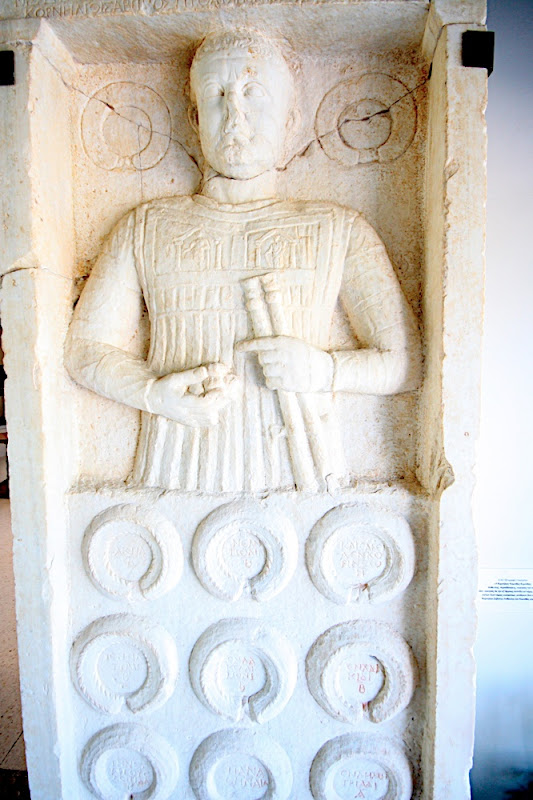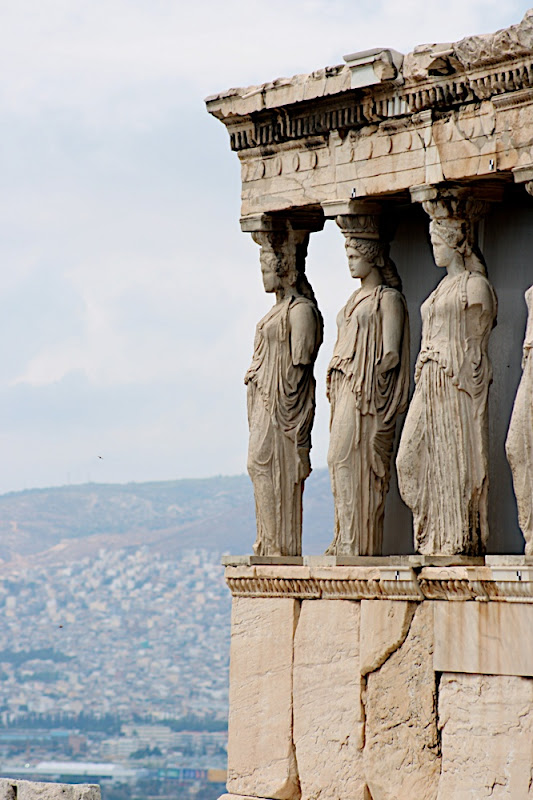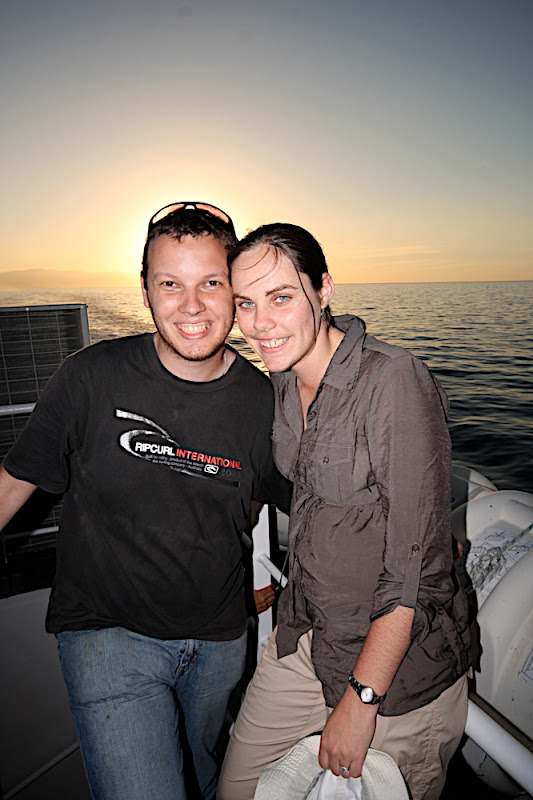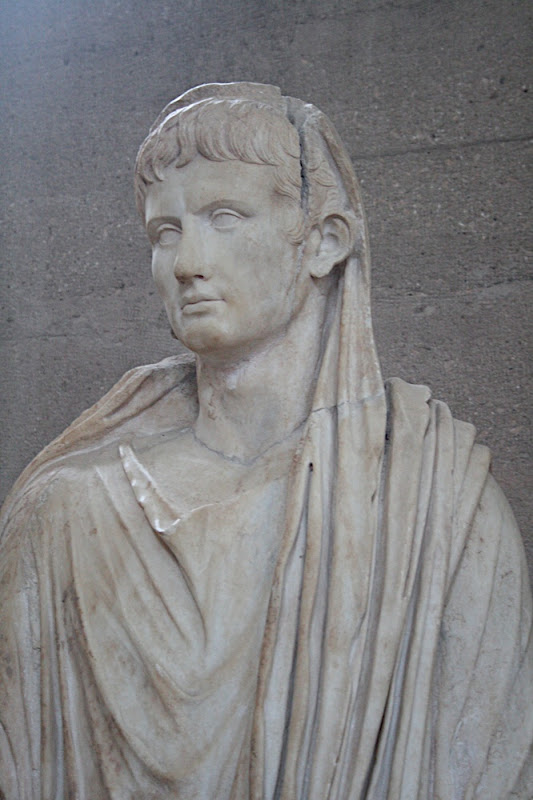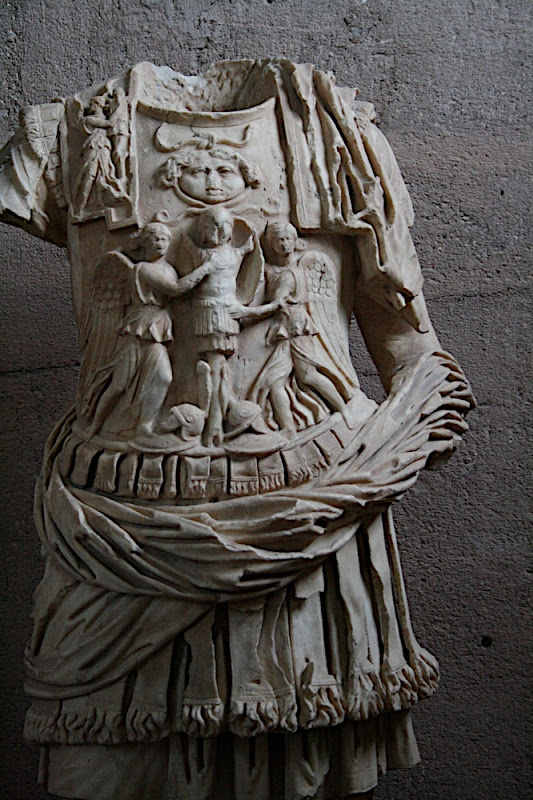So, Jerome has accused Augustine of writing a book against him without discussing it with him first, Augustine has denied ever writing such a book. And now, Jerome responds to his denial.
Jerome (404 AD) responds:
I am at a loss to express my surprise that the same letter is reported to be in the possession of most of the Christians in Rome, and throughout Italy, and has come to every one but myself, to whom alone it was ostensibly sent. I wonder at this all the more, because the brother Sysinnius aforesaid tells me that he found it among the rest of your published works, not in Africa, not in your possession, but in an island of the Adriatic some five years ago…
True friendship can harbour no suspicion; a friend must speak to his friend as freely as to his second self. Some of my acquaintances, vessels of Christ, of whom there is a very large number in Jerusalem and in the holy places, suggested to me that this had not been done by you in a guileless spirit, but through desire for praise and celebrity, and éclat in the eyes of the people, intending to become famous at my expense; that many might know that you challenged me, and I feared to meet you; that you had written as a man of learning, and I had by silence confessed my ignorance, and had at last found one who knew how to stop my garrulous tongue. I, however, let me say it frankly, refused at first to answer your Excellency, because I did not believe that the letter, or as I may call it (using a proverbial expression), the honeyed sword, was sent from you. Moreover, I was cautious lest I should seem to answer uncourteously a bishop of my own communion, and to censure anything in the letter of one who censured me, especially as I judged some of its statements to be tainted with heresy. Lastly, I was afraid lest you should have reason to remonstrate with me, saying, “What! Had you seen the letter to be mine—had you discovered in the signature attached to it the autograph of a hand well known to you, when you so carelessly wounded the feelings of your friend, and reproached me with that which the malice of another had conceived?”
Wherefore, as I have already written, either send me the identical letter in question subscribed with your own hand, or desist from annoying an old man, who seeks retirement in his monastic cell. If you wish to exercise or display your learning, choose as your antagonists, young, eloquent, and illustrious men, of whom it is said that many are found in Rome, who may be neither unable nor afraid to meet you, and to enter the lists with a bishop in debates concerning the Sacred Scriptures. As for me, a soldier once, but a retired veteran now, it becomes me rather to applaud the victories won by you and others, than with my worn-out body to take part in the conflict; beware lest, if you persist in demanding a reply, I call to mind the history of the way in which Quintus Maximus by his patience defeated Hannibal, who was, in the pride of youth, confident of success…
…As to your calling God to witness that you had not written a book against me, and of course had not sent to Rome what you had never written, adding that, if perchance some things were found in your works in which a different opinion from mine was advanced, no wrong had thereby been done to me, because you had, without any intention of offending me, written only what you believed to be right; I beg you to hear me with patience. You never wrote a book against me: how then has there been brought to me a copy, written by another hand, of a treatise containing a rebuke administered to me by you? How comes Italy to possess a treatise of yours which you did not write? Nay, how can you reasonably ask me to reply to that which you solemnly assure me was never written by you? Nor am I so foolish as to think that I am insulted by you, if in anything your opinion differs from mine. But if, challenging me as it were to single combat, you take exception to my views, and demand a reason for what I have written, and insist upon my correcting what you judge to be an error, and call upon me to recant it in a humble παλινῳδι, and speak of your curing me of blindness; in this I maintain that friendship is wounded, and the laws of brotherly union are set at nought. Let not the world see us quarrelling like children, and giving material for angry contention between those who may become our respective supporters or adversaries.
I write what I have now written, because I desire to cherish towards you pure and Christian love, and not to hide in my heart anything which does not agree with the utterance of my lips. For it does not become me, who have spent my life from youth until now, sharing the arduous labours of pious brethren in an obscure monastery, to presume to write anything against a bishop of my own communion, especially against one whom I had begun to love before I knew him, who also sought my friendship before I sought his, and whom I rejoiced to see rising as a successor to myself in the careful study of the Scriptures. Wherefore either disown that book, if you are not its author, and give over urging me to reply to that which you never wrote; or if the book is yours, admit it frankly; so that if I write anything in self-defence, the responsibility may lie on you who gave, not on me who am forced to accept, the challenge.
I tell you again, without reserve, what I feel: you are challenging an old man, disturbing the peace of one who asks only to be allowed to be silent, and you seem to desire to display your learning. It is not for one of my years to give the impression of enviously disparaging one whom I ought rather to encourage by approbation. And if the ingenuity of perverse men finds something which they may plausibly censure in the writings even of evangelists and prophets, are you amazed if, in your books, especially in your exposition of passages in Scripture which are exceedingly difficult of interpretation, some things be found which are not perfectly correct? This I say, however, not because I can at this time pronounce anything in your works to merit censure. For, in the first place, I have never read them with attention; and in the second place, we have not beside us a supply of copies of what you have written, excepting the books of Soliloquies and Commentaries on some of the Psalms; which, if I were disposed to criticise them, I could prove to be at variance, I shall not say with my own opinion, for I am nobody, but with the interpretations of the older Greek commentators.
Farewell, my very dear friend, my son in years, my father in ecclesiastical dignity; and to this I most particularly request your attention, that henceforth you make sure that I be the first to receive whatever you may write to me.
A long and pointed (some would say barbed) letter. Augustine’s response tomorrow.












